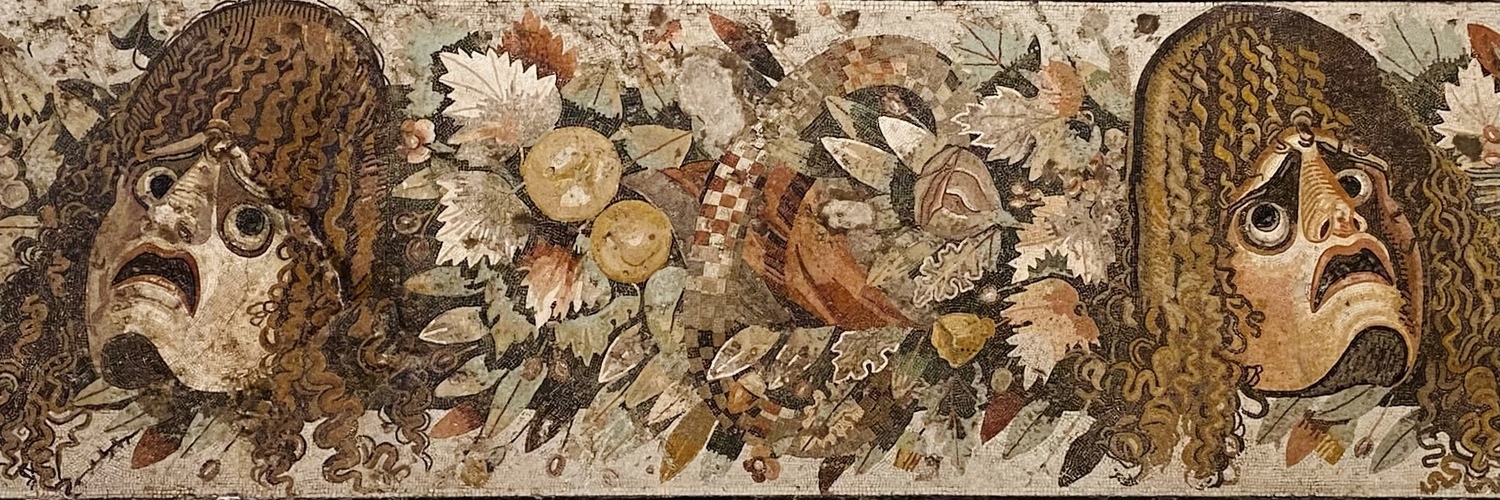
读过《Notes on Grief》 ![]()
![]()
![]()
![]()
![]()
https://neodb.social/books/224703/
好羡慕作者有这样一个父亲怀念,我爸对我的影响基本上停在了十岁,现在的生活已经跟他完全无关了。也很难想象有哪个亲人去世我会感到伤心的。
引用一下 #HalfOfAYellowSun 里的句子:
Grief was the celebration of love, those who could feel real grief were lucky to have loved.
最近在听两本非洲作家的书,里面非洲人说英语的时候口音都很重,我还以为是故意捏的,结果刚看了原文才发现 sir 都是写作 sah 的…
是两个不同的女作家,有声书又是另外两个不同的非裔女演员念的,非常一致:旁白是很自然很普通的英语,非洲人是口音很重的英语,英国人或者接受过英国教育的非洲人就是特别特别字正腔圆的伦敦腔,感觉很厉害![]()
The next afternoon, Richard sat up in bed naked, looking down at Kainene. He had just failed her again. “I'm sorry. I think I get overexcited,” he said.
大概是我这种内容读得少,但我确实第一次看见描写性行为的时候描述阳痿的![]()
A fight broke out under the kuka tree, and Olanna heard a child scream at another in Igbo, “Your mother's pussy!”
啊奈及利亚也是这么骂人的吗![]()
#HalfOfAYellowSun #读书
每次看到 tl 讨论留学/跑路相关的利弊的时候就感觉…哇大家真的想好多/考虑问题好周全哦。
我的话就是从小对欧洲印象不错,又看到德国不要学费,立即就着手学语言了。语言学到一半才知道学校有交流项目,有惊无险地申上了,踏上德国土地的那一刻对该地的风土人情一无所知,学长介绍之后才知道申根签证可以畅游欧洲 26 国,也是学长介绍才知道我们交换生已经注册在校之后申硕士就轻松很多,上完了一学期才知道德国考试通过率低,上完了一学年才知道考试可以刷分,可以同时读多个学位是一起来的朋友自己摸索出来的,有那种介绍水课的微信群也是朋友见过之后再讲给我听的…
总之就是一无所知的碰运气经历,啥也没了解先出了国再说…
而且现在渐渐觉得大家提到留学的时候就把它等同于跑路了,当初留学的时候我就只是想留学而已,其实到现在也没想好要不要留在德国…
德國為什麼延畢的人那麼多...提供一個文科的視角:
從我身邊的人來看(在柏林自由和洪堡念戲劇研究,文化研究,德國文學等等的朋友),基本都是自己選擇的,因為不想太趕著交作業論文,因為要兼職要實習,因為要gap,因為出國交流等等,而且沒有按時畢業的壓力和peer pressure,也不用交學費(甚至延畢還有免費的學生交通卡和各種優惠)。
德國大學文科的平時分和作業分是分開計算的,這就意味著你上完課就有平時分了,作業/論文是你可以自己選擇寫哪幾門課的,而且甚至都沒有明確的截止期限,只要跟老師打聲招呼,什麼時候寫完什麼時候再交都行。平時分是不會因為你論文沒寫就消失的。不像國內平時分作業分是綑綁的,如果不寫課程論文這門課就會掛科,平時分也沒了。
我的幾位朋友都把畢業論文寫了1-2年才交的,甚至還有一邊寫畢業論文一邊補去年前年的課堂作業的,就跟國內那種期末十幾門課一起結的壓力完全不能比。
Andrew Loomis几张我非常喜欢的插画……
他的画擅长将想表达的概念或想卖的产品,进行极其生动的场景化。每幅画背后好像都有故事,都有引起共鸣的点。
哪怕只是给甲方卖块肥皂,都能画出一幅让人看了就想买单的广告——不只是突出产品,更是给消费者造一个“我买了这个产品,也能拥有图中那样美好温馨的生活”的梦,实在是广告人的模范。
Of course much of this was tongue-in-cheek, but what it shows is how that word feminist is so heavy with baggage, negative baggage: you hate men, you hate bras, you hate African culture, you think women should always be in charge, you don’t wear make-up, you don’t shave, you’re always angry, you don’t have a sense of humour, you don’t use deodorant.
让我想到 #SpracheUndSein 里面写到的,人们认为穆斯林不能是 feminist,feminist 不应该戴头巾。
#WeShouldAllBeFeminists #读书
she waited for my mother to make up her mind whether she would go as well or not. Since for most of her life my mother’s mind, belonging first to her father and then to her husband, had not been hers to make up, she was finding it difficult to come to a decision.
‘Lucia,’ she sighed, ‘why do you keep bothering me with this question? Does it matter what I want? Since when has it mattered what I want? So why should it start mattering now? Do you think I wanted to be impregnated by that old dog? Do you think I wanted to travel all this way across this country of our forefathers only to live in dirt and poverty? Do you really think I wanted the child for whom I made the journey to die only five years after it left the womb? Or my son to be taken from me? So what difference does it make whether I have a wedding or whether I go? It is all the same. What I have endured for nineteen years I can endure for another nineteen, and nineteen more if need be. Now leave me! Leave me to rest.’
how dreadfully familiar that scene had been, with Babamukuru condemning Nyasha to whoredom, making her a victim of her femaleness, just as I had felt victimised at home in the days when Nhamo went to school and I grew my maize. The victimisation, I saw, was universal. It didn’t depend on poverty, on lack of education or on tradition. It didn’t depend on any of the things I had thought it depended on. Men took it everywhere with them. Even heroes like Babamukuru did it. And that was the problem. You had to admit that Nyasha had no tact. You had to admit she was altogether too volatile and strong-willed. You couldn’t ignore the fact that she had no respect for Babamukuru when she ought to have had lots of it. But what I didn’t like was the way all the conflicts came back to this question of femaleness. Femaleness as opposed and inferior to maleness.
